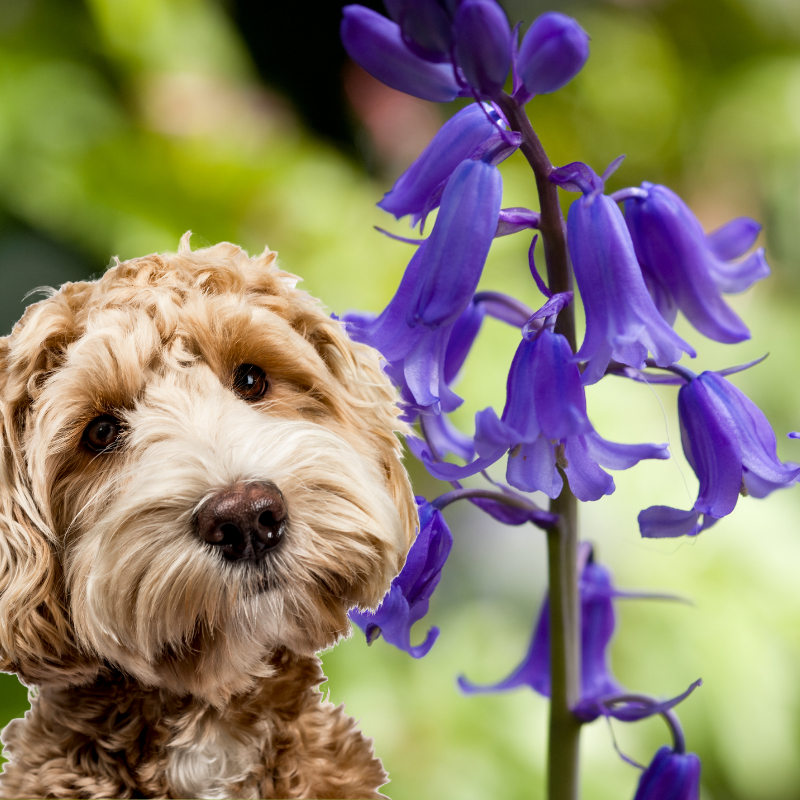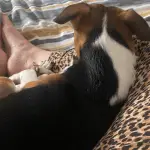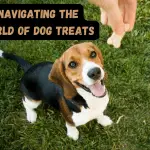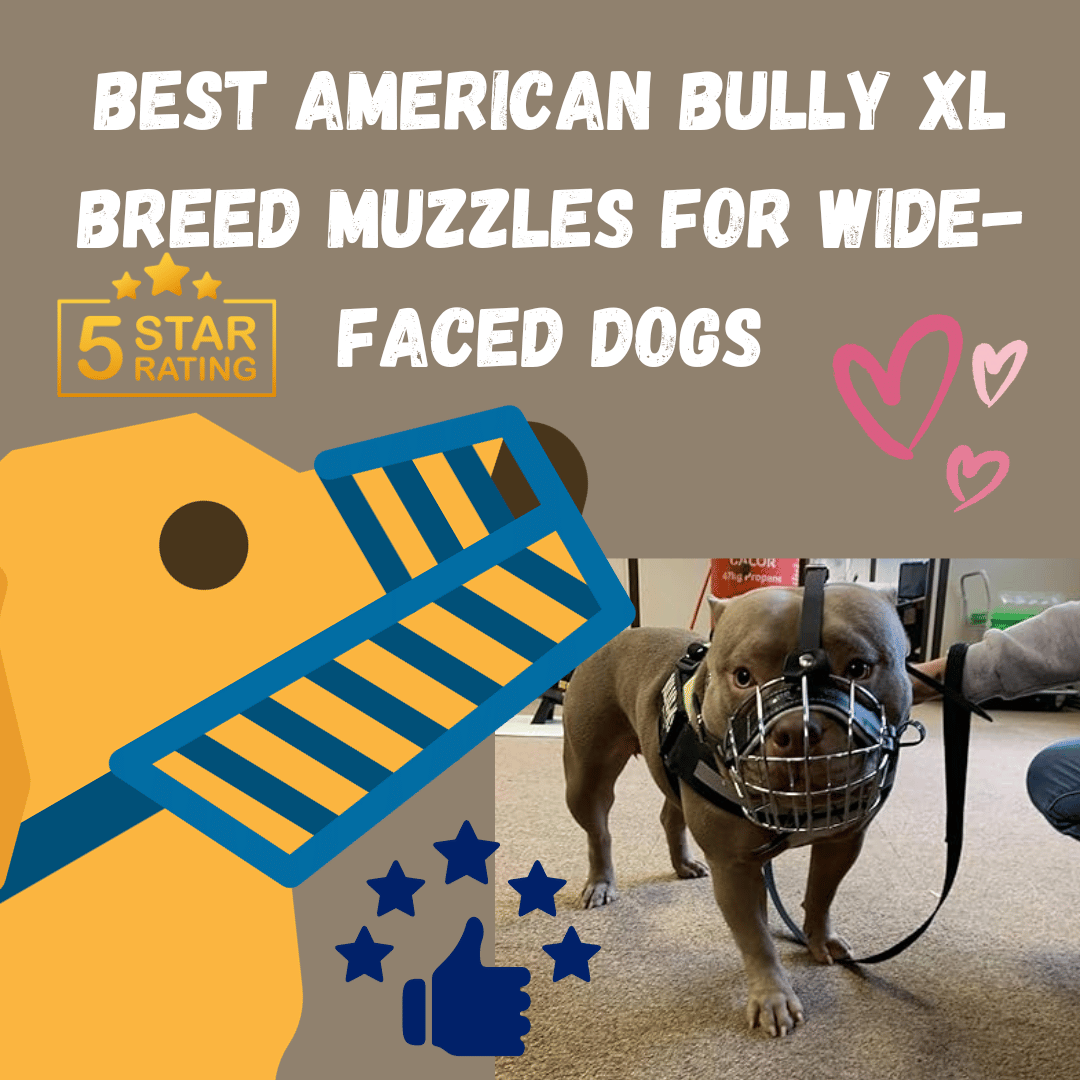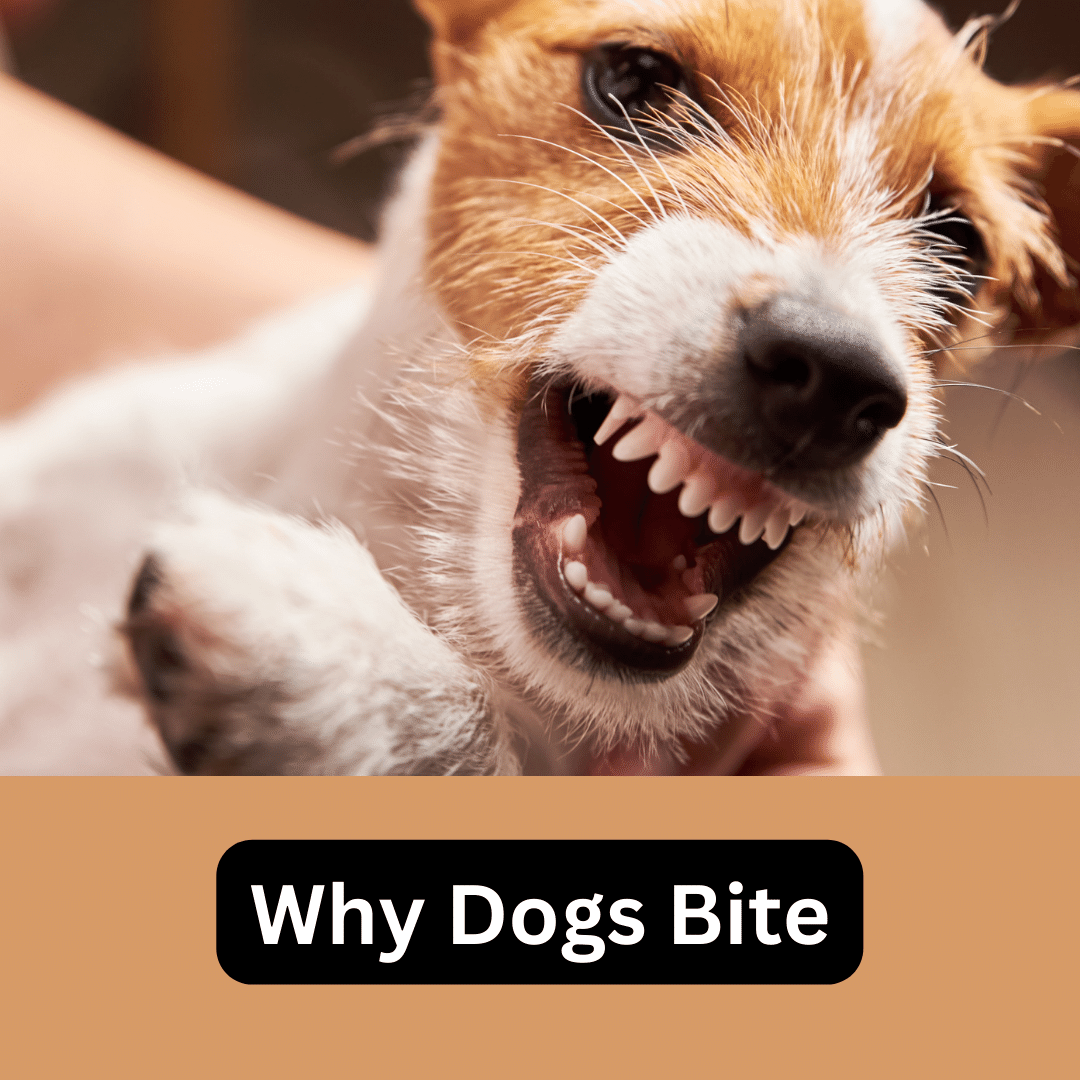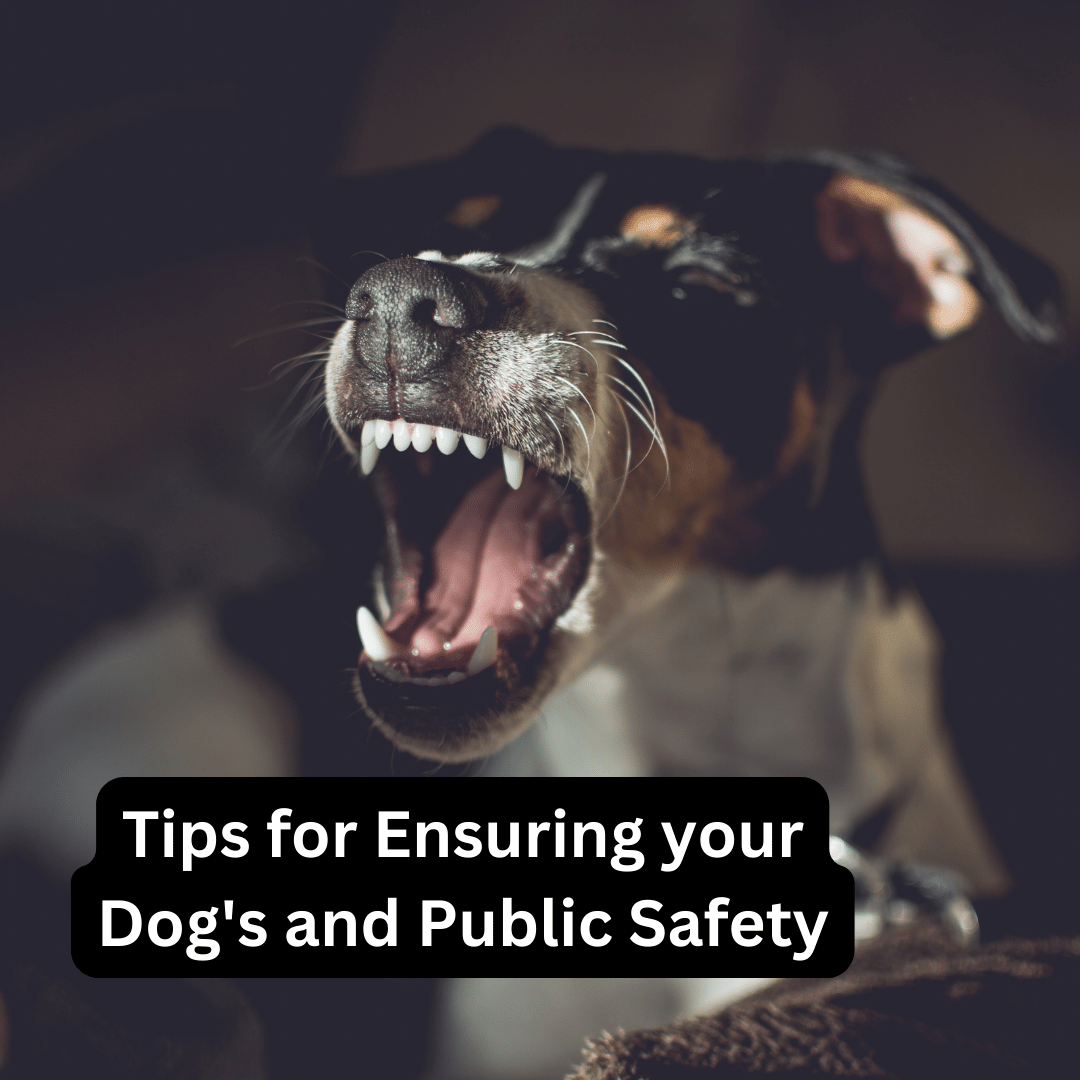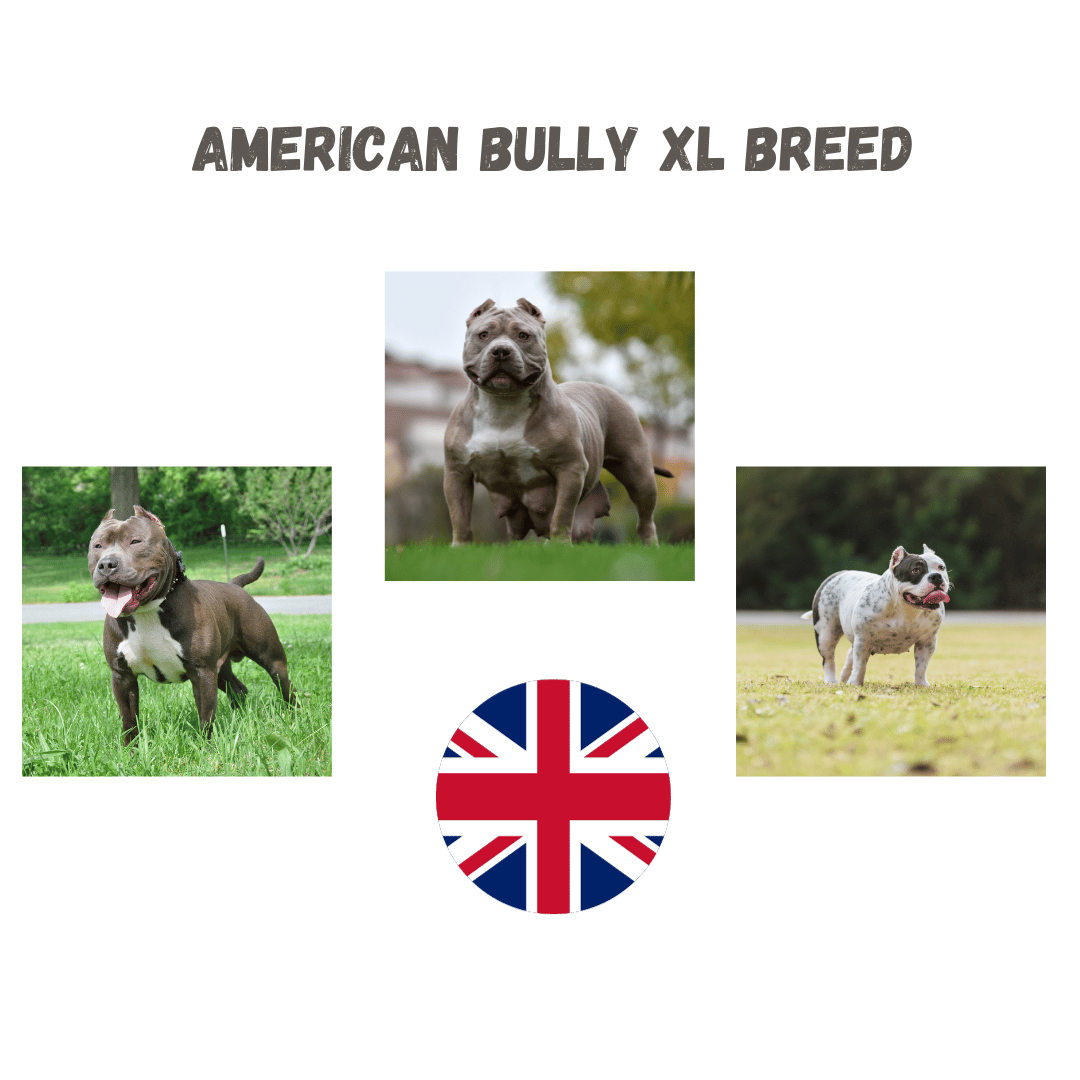The early bloomers have earnt the symbol of purity since they are the first flower to bloom at the end of winter. But, if you are a dog owner, you may be unsure about these pretty little snowdrop flowers. After all, we all want the best for our beloved pets. So, are snowdrops poisonous to dogs?
These flowers are poisonous to dogs if eaten. If a dog consumes snowdrop plants, it might drool, vomit, have stomach pain, diarrhoea, and low blood pressure and heart rate. In rare cases, the dog might have seizures. Toxicity strength depends on the dog’s size and how much of the flower was eaten. The plant contains phenanthridine alkaloids, so these flowers are classified as toxic.
Common Snowdrops Overview
- Origin: Europe/Middle East
- Scientific name: Galanthus
- Family: Amaryllidaceae
- Kingdom: Plantae
- Order: Asparagales
- Tribe: Galantheae
Snowdrops (How to recognise them)
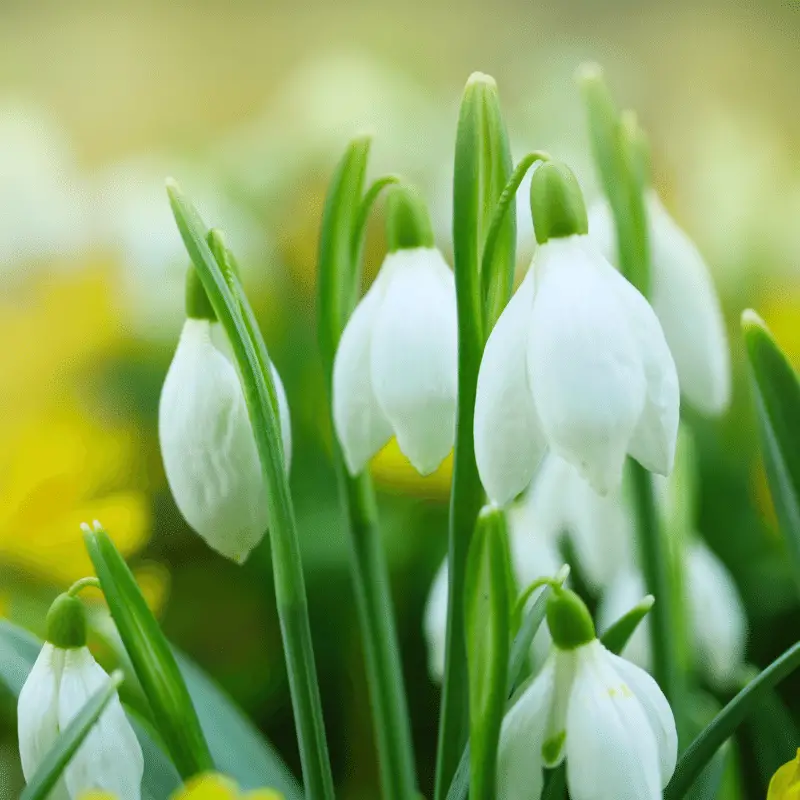
There are around 19 different types of snowdrops. They range in size from about 8 cm to 16 cm. Snowdrops are usually white, pink, blue or purple and have a bell-shaped flower head. The base wraps around the stem and broadens to create a broadleaf that ends in a pointy leaf tip. Some snowdrops have semi-double drops, while others only have a single drop bell-shaped bulb head.
When do Snowdrops flower?
Snowdrops are the first plants to bloom at the end of winter, and this usually happens between January and March. They are very robust and can even handle snowy conditions in these months.
Why are Snowdrops so poisonous?
The entire plant, such as the bulb, stem and leaves, contains phenanthridine alkaloids, which is why these flowers are classified as toxic. The bulb has the most concentration of phenanthridine alkaloids.
Shouldn’t a dog know not to eat Snowdrop plants?
It’s vital to watch adult dogs and puppies if you have snowdrops in your garden. The good thing is that the snowdrops plant does taste pretty bitter, so this will undoubtedly put off most dogs. However, puppies might be more tempted to chew than an adult dog.
Puppies are learning all the time, and one part of their body that they use is their mouths. Like a baby, we need to keep a close eye on them.
Dogs generally have a sense of smell of danger, but even some adult dogs can bypass this and cannot resist temptation.
If you think your dog has eaten this plant, keep an eye out for any of the below symptoms your dog may show if they have eaten any part of the snowdrop plant.
- Drooling: increased saliva production, allergies
- Stomach pain: diarrhoea, vomiting
- Low blood pressure: Weakness, pale gums, confusion, increased thirst, lethargy
- Rapid heart rate: panting, shortness of breath, fainting, confusion, lethargy
- Seizures: twitching, drooling, biting, stiff muscles, going around in circles, failing to the floor, unconsciousness
If you notice that your pet dog is showing any of these symptoms, get in touch with your veterinarian immediately.
Are all Snowdrop varieties Toxic?
Yes, all varieties, including the hybrids of snowdrop plants, are toxic as they all contain phenanthridine alkaloids. Phenanthridine alkaloids are a poisonous chemical found in all snowdrop varieties and can cause a dog adverse health issues if your dog has consumed large amounts.
Stop Your Dog from Consuming Snowdrops
Watching your dog while in the garden is the easiest and safest way to stop your dog from consuming snowdrops. Teach your dog the leave it command or eradicate this plant from your garden altogether.
You should be specifically vigilant if your dog loves to dig around.
If your dog shows any sign of being unwell after being in the garden or walking, immediately contact your veterinary professional.
Treatment
Your veterinarian will give your dog the best treatment possible. This might include inducing vomiting, giving your dog fluids, and giving your dog activated charcoal to prevent any more of the poison from being absorbed. The earlier you get your dog to the vet, the better chance your dog can make a full recovery.
Conclusion
Snowdrops are poisonous to dogs, so take extra care when out and about. Even though adult dogs should know that these are not for eating, some puppies will undoubtedly have a nibble. Always have your puppy on a lead, and if you have any in your garden, perhaps removing them and replanting them elsewhere would be a good decision.
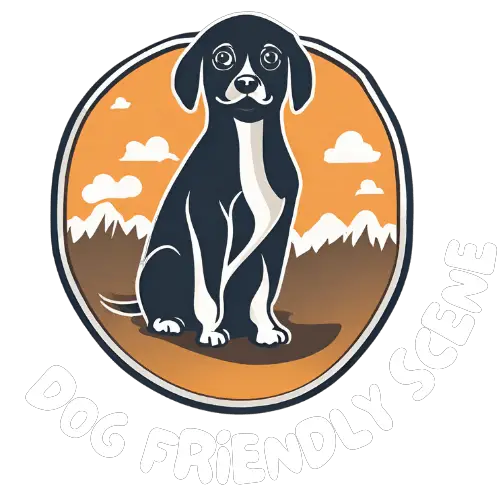
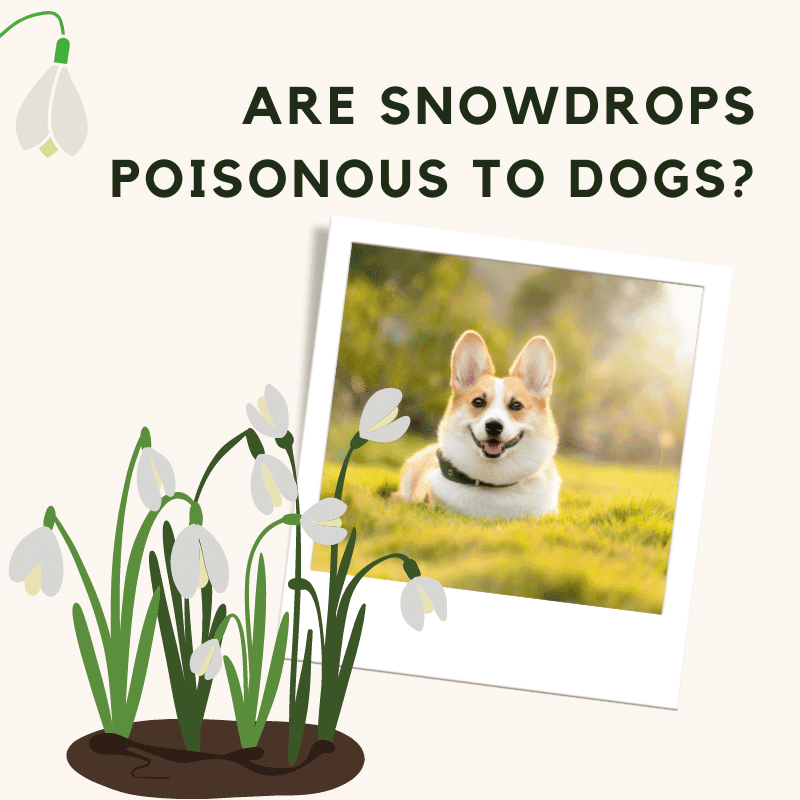
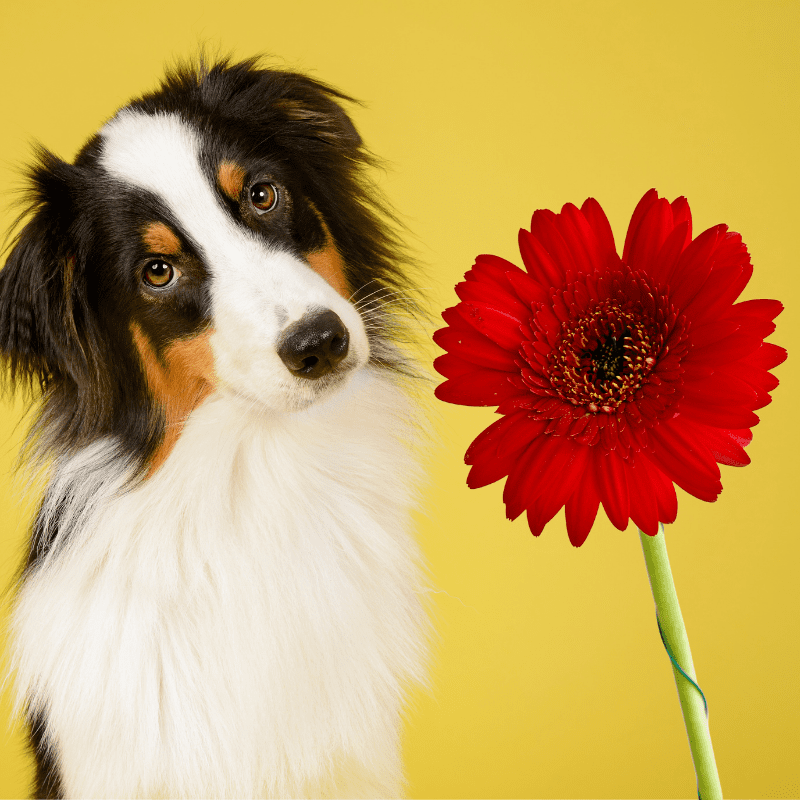
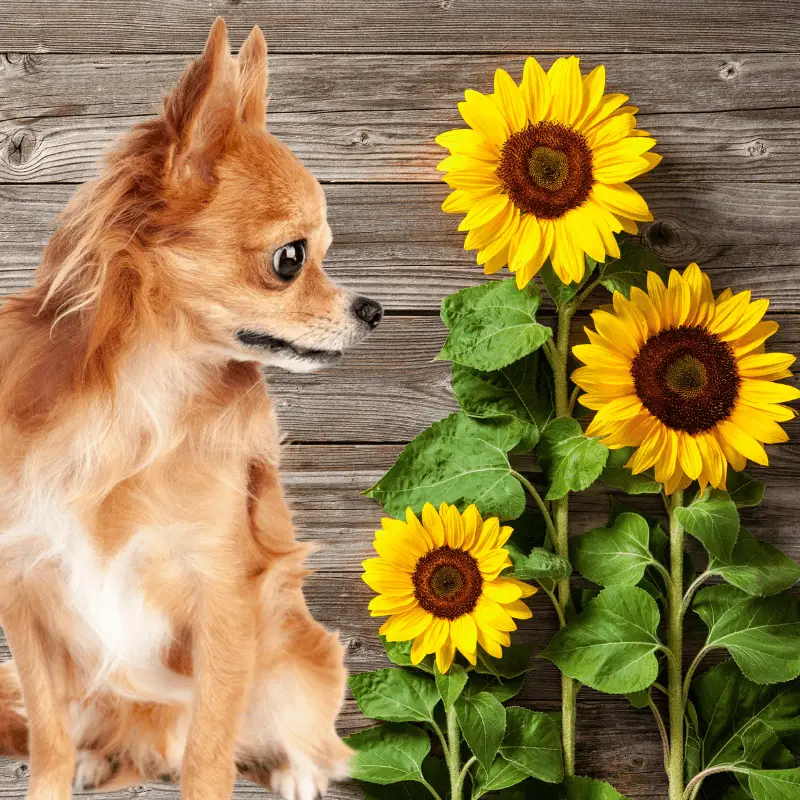
![Can Dogs Eat Garden Insects? [What Happens If They Do?]](https://dogfriendlyscene.co.uk/wp-content/uploads/2022/02/A-selection-insects-in-a-collage-and-a-dog-spider-slug-caterpillar-bee-wasp-tick.png)
